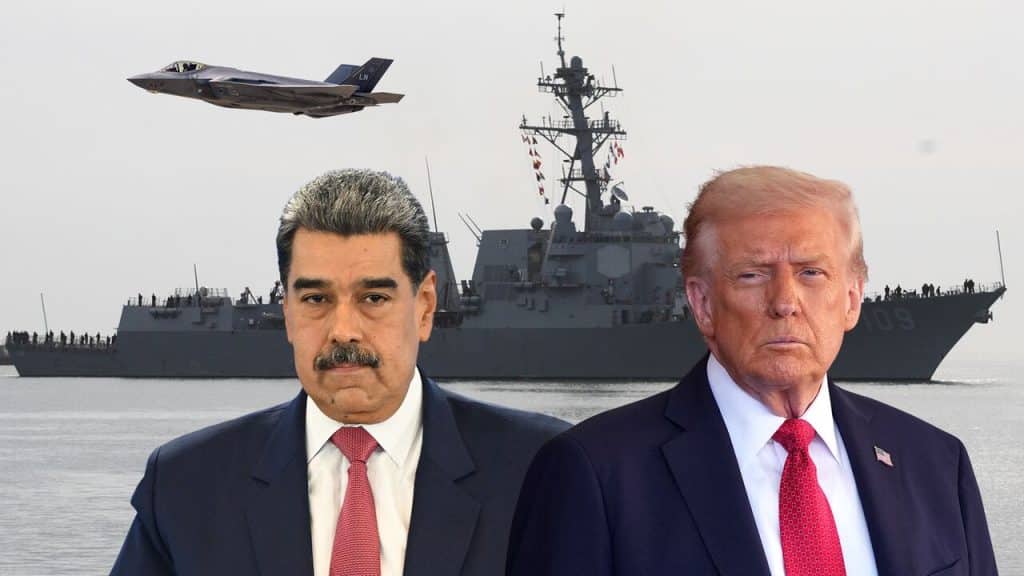Will Trump be tempted to oust Maduro again?
The Atlantic reported: Early last month, Trump gathered a group of his top advisers and military aides around the Oval Office and called Richard Grenell, his special envoy to Venezuela. Since returning to power, Trump has given Grenell a specific mission: to broker a deal that would give American companies access to Venezuela’s vast oil and mineral resources and crack down on drug cartels. Grenell made some progress, using his direct connections with Venezuelan socialist President Maduro, to secure the release of American prisoners from Caracas and the resumption of flights to repatriate deported immigrants.
But US Secretary of State Marco Rubio took a different approach. The former Florida senator, who is also the president’s national security adviser, has a long-standing hatred of Latin American leftists and has called for Maduro’s removal, a call supported by Venezuelan and Cuban exiles in Miami. To align his arguments with Trump’s domestic priorities, Rubio has portrayed the Venezuelan leader as the head of a drug trafficking network that sends drugs into the United States and as a destabilizing factor that has fueled immigration.
The report continued: “The justification for using military force based on drugs was weak, as Venezuela is not a major player in drug production, although it allows cartels to use the country as a transit route. But Rubio managed to get the president’s attention by presenting action against Maduro as a way to combat illegal trafficking.” In early September, Trump authorized attacks on small boats off the coast of Venezuela and in the Pacific Ocean, allegedly carrying drugs or members of cartels. At least 65 people have been killed in 16 attacks.
When Trump called Grenell from the White House in the presence of Rubio, he seemed ready to decide between negotiation and confrontation. In the call, the details of which were not previously reported, he spoke about Grenell’s work as Trump’s appointee of the John F. Kennedy Center for the Arts and praised his willingness to follow orders. Trump then delivered a clear message: “Stop talking to Maduro, we want to try something new,” according to two people familiar with the conversation.
The Pentagon has in recent weeks organized the largest military deployment to the Caribbean since the Cuban Missile Crisis in 1962, with the world’s largest aircraft carrier being deployed to the region from the Mediterranean. The USS Gerald R. Ford is set to join eight other warships, about 10,000 troops, fighter jets, advanced drones and nuclear submarines. The buildup of such firepower has alarmed some Trump allies, who argue that a series of military operations to oust Maduro contradicts one of the president’s key campaign promises.
A Trump ally who works on Latin American politics told The Atlantic that President Trump entered the race on an “America First” platform. Unfortunately, people in his administration are more focused on a “South Florida First” agenda.
With the US Navy deployed off Venezuela’s coast, Maduro now faces a choice between staying put and facing the consequences or fleeing. Meanwhile, the United States faces the possibility that Trump, who has long criticized America’s “endless wars” and has spent much of this year trying to end major foreign conflicts, may now start a war near his home country, the report said.

